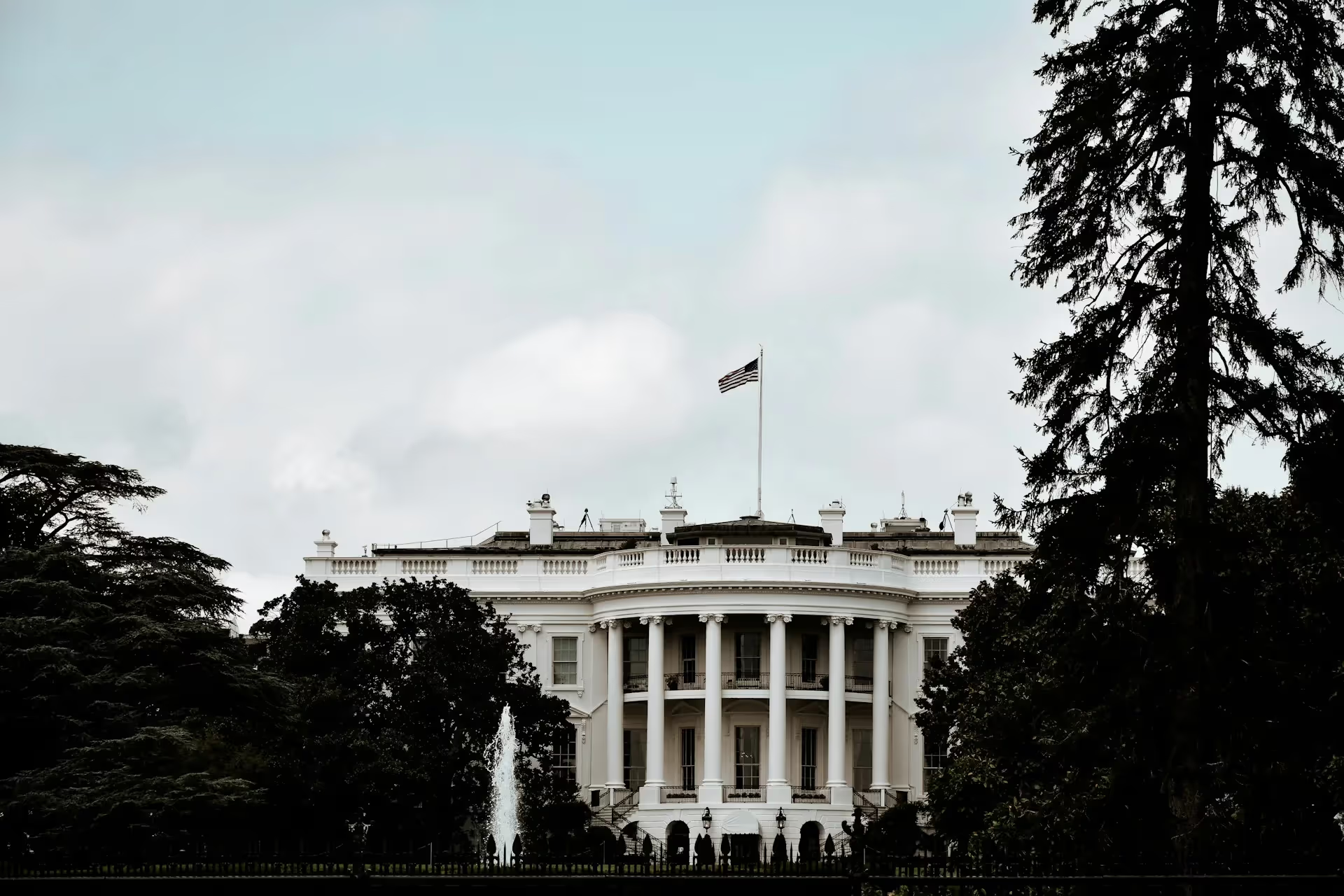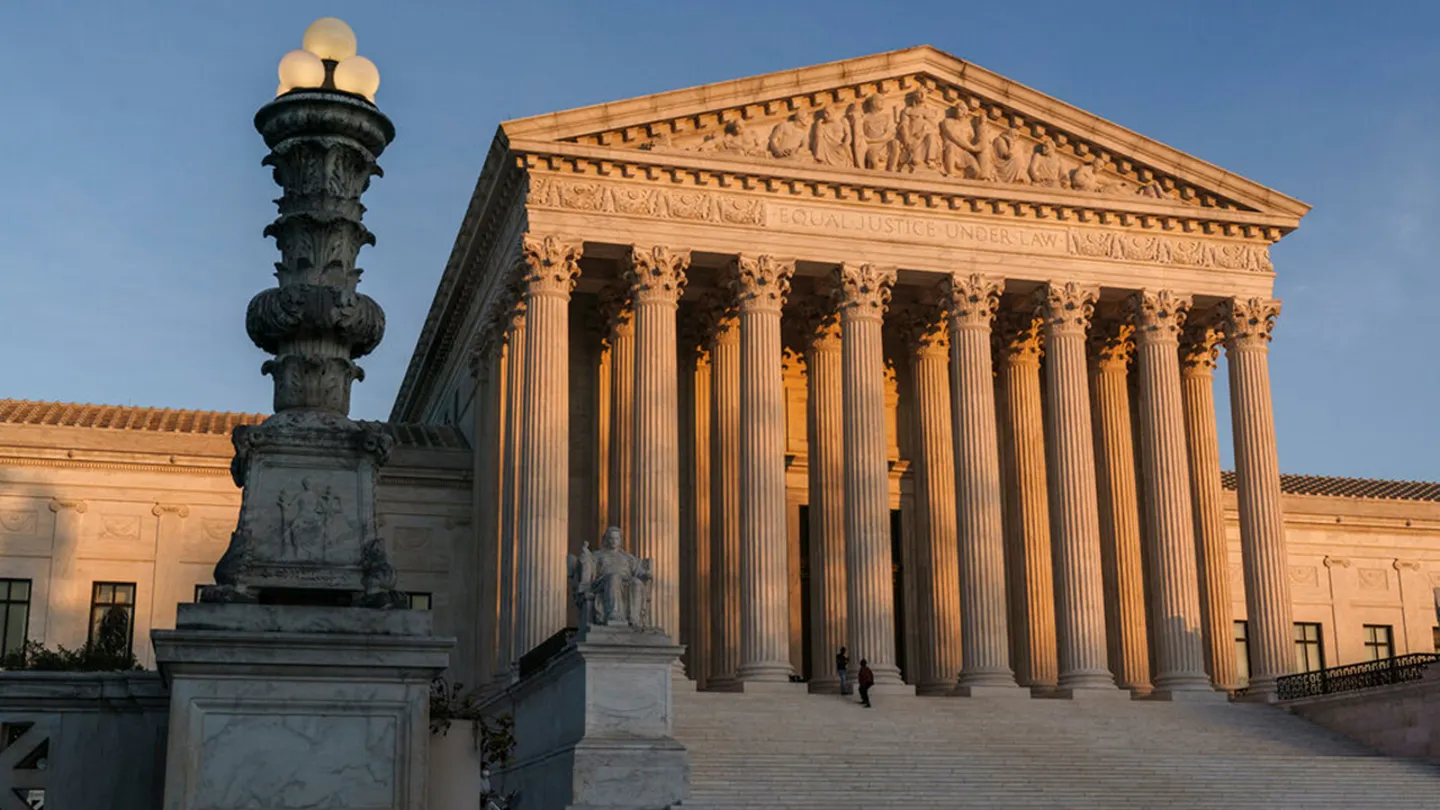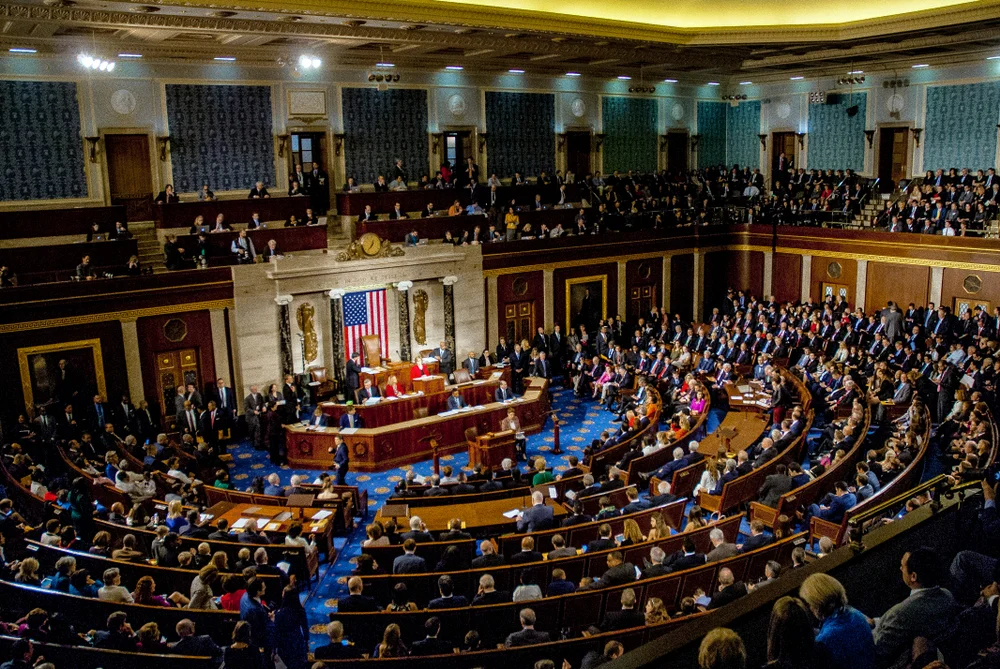
The Progressive Presidency Envelops American Politics
One does not need to revisit the drastic consequences that ensued from COVID-19 policies to be reminded of the failures and mistakes of the progressive constitutional framework that issued them.
For better and for worse, the progressive conception of executive power has become almost definitive for the presidency in the twentieth and twenty-first centuries. We judge presidents by their grand actions, their command of politics, and how they shape opinion with rhetoric and gestures. They tell us they feel our pain as we boldly move forward together to claim the unruly future. President Trump has even suggested that our children’s Christmas presents are part of his prerogative. For all this, the American people welcome strident presidents, only turning on them under certain conditions, which are themselves notable. The rulemaking authority that has accumulated in the executive branch in generous transfers of power by Congress since Woodrow Wilson’s groundbreaking progressive presidency now makes it more formidable than it has ever been.
All of this is happening, with only the vaguest of directions from Congress, the branch of government that the Constitution easily accords the widest berth of powers. We seem destined to live out the folly that Publius warned about when he defined tyranny in The Federalist as the combination of legislative, executive, and judicial power in one set of hands.
Progressive constitutionalism finds its objectives in egalitarian social and economic change, aggressive regulation of business, a vast bureaucratic sector, and, most importantly, an executive who leads the people to accept the changes foisted on them in the name of progress. This unbalanced form of government breaks down under the weight of menacing events, emergencies, or forecasts that lead Americans of any belief to look to the federal government for direction and competence.
Continue reading at Public Discourse: The Journal of the Witherspoon Institute
Constitutionalism

Amicus Brief: Hon. William P. Barr and Hon. Michael B. Mukasey in Support of Petitioners
Former AGs Barr and Mukasey Cite Civitas in a SCOTUS Brief

Rational Judicial Review: Constitutions as Power-sharing Agreements, Secession, and the Problem of Dred Scott
Judicial review and originalism serve as valuable commitment mechanisms to enforce future compliance with a political bargain.

State Courts Can’t Run Foreign Policy
Suncor is also a golden opportunity for the justices to stop local officials from interfering with an industry critical to foreign and national-security policy.

Supreme Court tariff ruling should end complaints that justices favor Trump
John Yoo writes on the Supreme Court’s decision on President Trump’s tariff case.

Trump’s Tariff Tantrum
Trump leaps from the frying pan into the fire in the aftermath of Learning Resources v. Trump.

The Administrative State’s Sludge
Congress has delegated so much power across so many statutes that it’s hard to find a question of any public importance to which some agency cannot point to policymaking authority.


.avif)










.webp)


